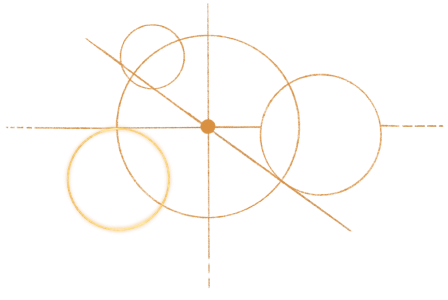Formulating a Research Question




Often the hardest part of a research project is not finding the answer, but identifying the question. Questions frame the way we look at things around us, they guide us and change the course of where we might go. This is not different in Oral History, where the research question is at the heart of a research project.
How do we unpack a research topic in a contested historical context? How do we come up with a question that both guides our research while being open-ended enough to allow for unanticipated conclusions?
Objective:
90 mins
Cut up the questions in the Handout 17: Treasure Hunt or write down each question on a small piece of paper and hide them throughout the room for a treasure hunt.
Warm-up (10 minutes):
We invite participants to form groups – they can return to the groups they were in during the session Building Blocks of Research Project if they did this session. Together we start the treasure hunt to find the hidden small pieces of paper across the room.
After finding as many papers as possible, participants open up the questions and decide, in their groups, which questions are strong research questions and which are not. Then they post them under the headings on the prepared flip chart.
| Weak Research Question | Strong Research Question |
|
|
Plenary Discussion (30 minutes):
Once done, we spend the next 10 minutes exploring how the participants grouped the questions. We reflect on whether the questions identified as strong are in accordance with the previously encountered Oral History methods and fit the context we are working in.
During the discussion with participants, we derive the criteria which define a strong research question. As we agree on each criterion, we write it down on a flip chart paper and hang it on the wall for reference.
Guiding Questions:
Group Work (35 minutes):
We distribute Handout 18: The Research Question to participants and ask them to go back to their groups. In their groups, they read the handout and then work to formulate strong research questions related to the topics discussed as examples in the session Building Blocks of a Research Project. If we have not worked on this session, a topic can be agreed on beforehand. Let’s write as many questions as we can on A4 papers, using the criteria we defined together and on the handout.
After 25 minutes, the groups exchange their questions so that every group has a collection of questions from another group. In their groups, participants brainstorm together to try and imagine how they might answer or address the questions.
Each group selects one participant or more to speak about the other group’s research questions and the possible answers in the plenary discussion.
Guiding questions for group work:
Make some suggestions in your group.
Plenary Discussion (15 minutes):
Based on what each group presents on the other group’s research questions and possible answers/approaches, we discuss if the suggested questions were strong or weak research questions, and reinforce the criteria from the beginning of the session that define a strong research question.
Guiding Questions: